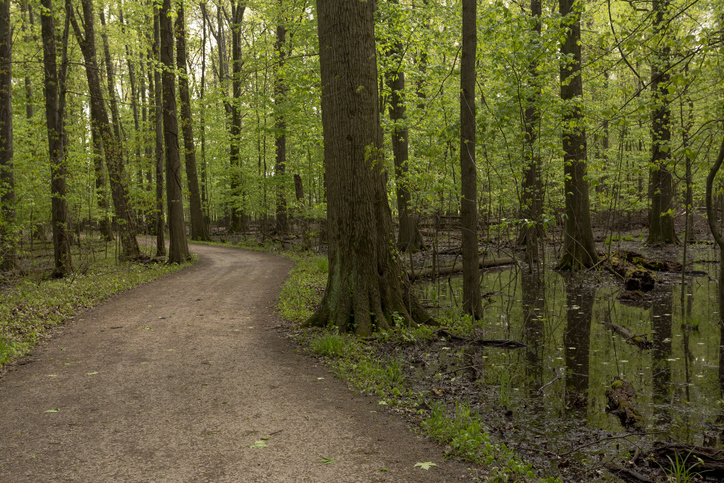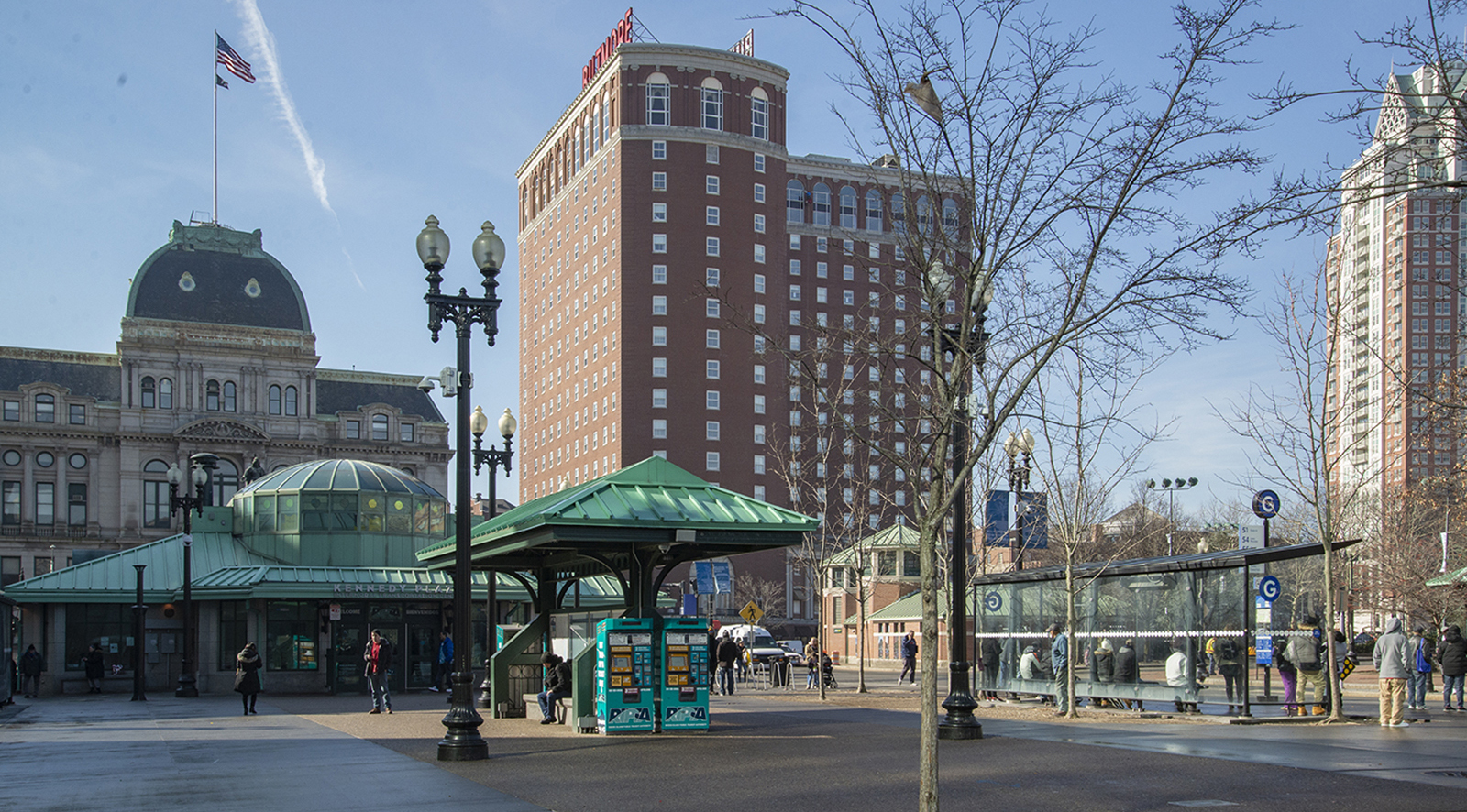New Bicycle Collective Works to Bring Justice to Providence and Beyond
September 24, 2021
PROVIDENCE — The three main rooms on the first floor of an old parish house on Bell Street are filled with bicycles, bike frames, spare parts, tires, and tools. They have been assembled here to help a small group of Rhode Islanders address issues most politicians won’t.
The mission of the fledgling initiative — the idea of six people in their twenties to fifties — being run out of a Bell Street Chapel auxiliary building is to connect people with bicycles and their repair in ways that advance economic, racial, and environmental justice. That is a lot of weight for two wheels — sometimes three, and occasionally one — to carry on city streets that feature a pittance of bicycle infrastructure.
But as the climate crisis burns out of control, inequality widens, and people of color are besieged with repackaged efforts to scapegoat and marginalize them, bold enterprises like this and the passion for change they stir are essential in addressing the crises pulling us down.
The rich and powerful only care when their profits dip. It takes relentless pressure in the form of marches, protests, rallies, and sit-ins to get the attention of elected officials and the taxpayer-funded institutions they control. Their attention is usually fleeting. The crises burrow deeper.
The Providence Bicycle Collective wants to increase access to bicycles, of all shapes and sizes, so society invests in the room necessary to make them a safe and viable part of our transportation infrastructure.
It is not an easy task. Bicycles are not even an afterthought to the car-loving, highway-widening Rhode Island Department of Transportation. For every Great Streets Initiative (Providence) or “complete streets” plan (South Kingstown), there are change-averse municipal officials who bail on a monthlong bike lane pilot after seven days (East Providence) or shortsighted business owners on Providence’s East Side who complain that bicycle- and pedestrian-friendly infrastructure will cause both congestion and limit traffic to the area. To them, parking spots are what matters, as if pedestrians and cyclist don’t shop, eat, or drink coffee.
Shelby Mack and Denise Ramirez, two 20-something members of the Providence Bicycle Collective, believe better support and understanding of bicycling would help address the social injustices that currently plague society. They, and the collective’s other four members, see bicycles as a small part of a future rooted in justice, democracy, and belonging.
Ramirez, a San Francisco native who now lives in Cranston, noted bicycling is more than just a recreational activity. It is how many people move about, to work, to school, to run errands, to meet up with friends at, say, an East Side restaurant.
“There’s a lot of people who ride bikes to work or who would if they had access to one,” said Ramirez, who doesn’t have a driver’s license. “Riding a bike is not always a choice, but a necessity. We need better bike infrastructure to create more options for people to move around.”
Ramirez said Rhode Island’s “great” bike trails have already created a path forward. “We just need to fill in the gaps,” she said.
She only learned to ride a bike two years ago, as San Francisco, with its big hills and crammed spaces, can be intimidating. Providence isn’t nearly as intimidating, but it’s not exactly that safe either. Ramirez often finds herself riding on the sidewalk — a no-no she hopes to conquer with a little more experience on two wheels. She is hardly alone when it comes to worrying about safety when bicycling in Providence or Cranston, on Aquidneck Island, or in most of Rhode Island’s 34 other communities, since walking and bicycling have been long-ignored modes of transportation.
Mack, who grew up in Bristol biking the East Bay Bike Path, noted it can be scary riding a bicycle in Providence as some motorists are not friendly.
“Providence’s streets are not designed for cyclists,” she said. “But the city is making good progress.”
Mack hopes the collective can help move that progress along. The Pawtucket resident said the collective was created: to repair donated bikes in need of a gentle touch so they can be redistributed; open a mechanic space to teach riders how to fix a flat, adjust their bikes’ brakes, and do other repairs; give women, people of color, and the LGBTQIA+ community a safe place to learn to ride, repair and teach; and help empower the city’s bicycling community.
The Providence Bicycle Collective holds free repair services at Kennedy Plaza on Tuesday mornings from 8-11, where members have also fixed a walker, rollerblades, and scooters. The parking lot behind the parish house — its use donated by the Bell Street Chapel — hosts mechanics classes and volunteer nights. An all-day launch party held earlier this month attracted a few hundred people to Bell Street, including veteran cyclists, novices, kids, and grandparents.
The collective has partnered with Direct Action for Rights and Equality, Clínica Esperanza, and Project Weber/RENEW to find homes so far for a few dozen refurbished bicycles. It supports the efforts of the Providence Streets Coalition to create people-friendly streets.
“Bicycling is a small piece in the environmental-justice movement in the context of the climate crisis,” Mack said. “We have an opportunity to reduce the suffering. What little power we do have as individuals we need to use it. Our choices matter, because the suffering is overwhelming now.”
The Providence Bicycle Collective hopes to harness the power of individuals and partnerships to lessen that suffering.
Frank Carini is the ecoRI News editor.




Thanks for letting all of us know about the excellent work this group is doing
Great project. Building awareness and demand at the street level is essential to improving bike lane and bike friendly transit development. Definitely check out BiCiCo in Hartford, CT https://bicico.org/ to see a project putting bikes into the hands and minds of the community.
As someone who has been commuting from Lincoln to Providence for 32 years, I can say, biking has gotten better but we still have a ways to go.
Nice article. Thank you for sharing. We used to visit Recycle a Bike in Providence. Do you know if the two organizations are coordinating efforts to reach out and help the public learn how to maintain and build bikes?
Marcia, the Providence Bicycle Collective said it hadn’t been in contact with Recycle-A-Bike.
Thank you for checking.
That is actually not accurate. They have contacted us several times.
Sorry, typo, my last name is Raff.